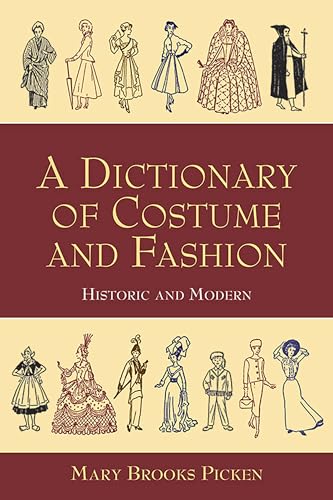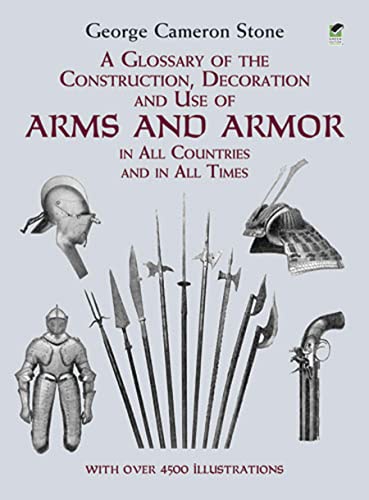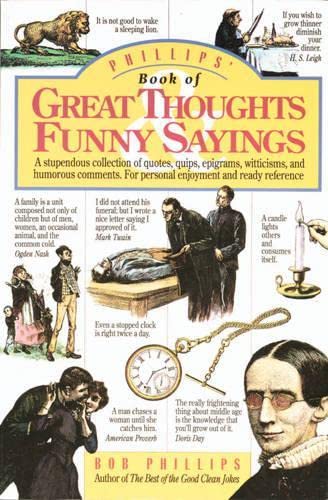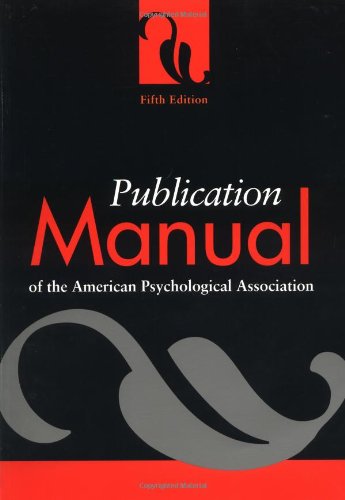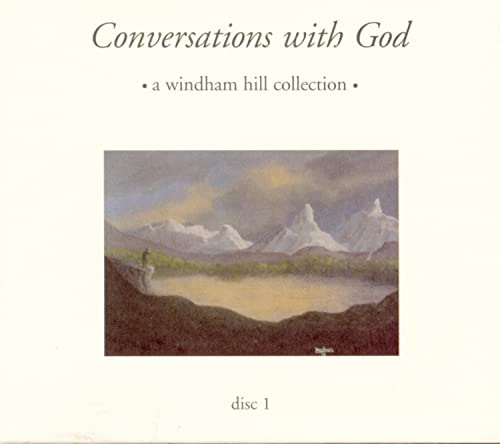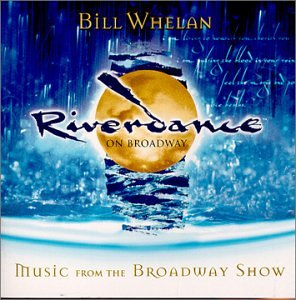My Favorite Writing Reference Tools
Discover the best writing reference tools with this curated list of favorite books and resources to enhance your writing skills and creativity.

Book
What If?
by Anne Bernays
What If? is the first handbook for writers based on the idea that specific exercises are one of the most useful and provocative methods for mastering the art of writing fiction. With more than twenty-five years of experience teaching creative writing between them, Anne Bernays and Pamela Painter offer more than seventy-five exercises for both beginners and more experienced writers. These exercises are designed to develop and refine two basic skills: writing like a writer and, just as important, thinking like a writer. They deal with such topics as discovering where to start and end a story; learning when to use dialogue and when to use indirect discourse; transforming real events into fiction; and finding language that both sings and communicates precisely. What If? will be an essential addition to every writer's library, a welcome and much-used companion, a book that gracefully borrows a whisper from the muse.

Book
Elements of Fiction Writing - Plot
by Ansen Dibell
"There are ways to create, fix, steer and discover plots—ways which, over a writing life, you'd eventually puzzle out for yourself," writes Ansen Dibell. "They aren't laws. They're an array of choices, things to try, once you've put a name to the particular problem you're facing now." That's what this book is about: identifying those choices (whose viewpoint? stop and explain now, or wait? how can this lead to that?), then learning what narrative problems they are apt to create and how to choose an effective strategy for solving them. The result? Strong, solid stories and novels that move. Inside you'll discover how to: test a story idea (using four simple questions) to see if it works convince your reader that not only is something happening, but that something's going to happen and it all matters intensely handle viewpoint shifts, flashbacks, and other radical jumps in your storyline weave plots with subplots get ready for and write your Big Scenes balance scene and summary narration to produce good pacing handle the extremes of melodrama by "faking out" your readers—making them watch your right hand while your left hand is doing something sneaky form subtle patterns with mirror characters and echoing incidents choose the best type of ending—linear or circular, happy or downbeat, or (with caution!) a trick ending Whether your fiction is short or long, subtle or direct, you'll learn to build strong plots that drive compelling, unforgettable stories your readers will love.
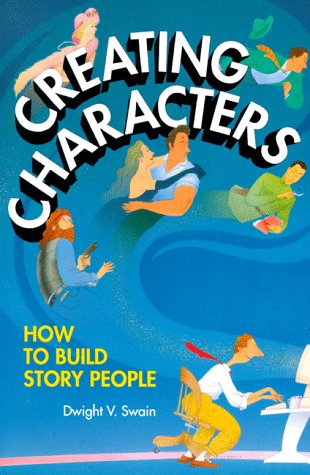

Book
Elements of Fiction Writing - Characters & Viewpoint
by Orson Scott Card
Vivid and memorable characters aren't born: they have to be made. &break;&break;This book is a set of tools: literary crowbars, chisels, mallets, pliers and tongs. Use them to pry, chip, yank and sift good characters out of the place where they live in your memory, your imagination and your soul. &break;&break;Award-winning author Orson Scott Card explains in depth the techniques of inventing, developing and presenting characters, plus handling viewpoint in novels and short stories. With specific examples, he spells out your narrative options–the choices you'll make in creating fictional people so "real" that readers will feel they know them like members of their own families. &break;&break;You'll learn how to: &break; draw the characters from a variety of sources, including a story's basic idea, real life–even a character's social circumstances&break; make characters show who they are by the things they do and say, and by their individual "style"&break; develop characters readers will love–or love to hate&break; distinguish among major characters, minor characters and walk-ons, and develop each one appropriately&break; choose the most effective viewpoint to reveal the characters and move the storytelling&break; decide how deeply you should explore your characters' thoughts, emotions and attitudes

Book
How to Write Science Fiction & Fantasy
by Orson Scott Card
Learn to write science fiction and fantasy from a master You've always dreamed of writing science fiction and fantasy tales that pull readers into extraordinary new worlds and fantastic conflicts. Best-selling author Orson Scott Card shows you how it's done, distilling years of writing experience and publishing success into concise, no-nonsense advice. You'll learn how to: • utilize story elements that define the science fiction and fantasy genres • build, populate, and dramatize a credible, inviting world your readers will want to explore • develop the "rules" of time, space and magic that affect your world and its inhabitants • construct a compelling story by developing ideas, characters, and events that keep readers turning pages • find the markets for speculative fiction, reach them, and get published • submit queries, write cover letters, find an agent, and live the life of a writer The boundaries of your imagination are infinite. Explore them with Orson Scott Card and create fiction that casts a spell over agents, publishers, and readers from every world.

Book
Writing Down the Bones
by Natalie Goldberg
A collection of essays in which the author explores methods of writing based on her experience in Zen meditation.

Book
On Writing
by Stephen King
The author shares his insights into the craft of writing and offers a humorous perspective on his own experience as a writer.
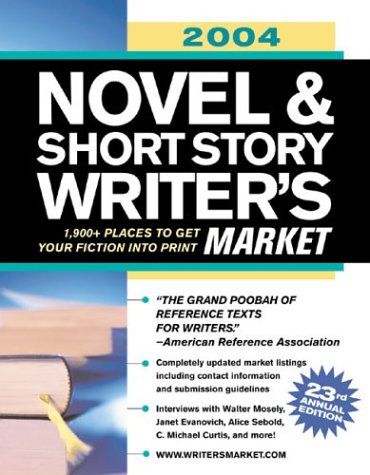
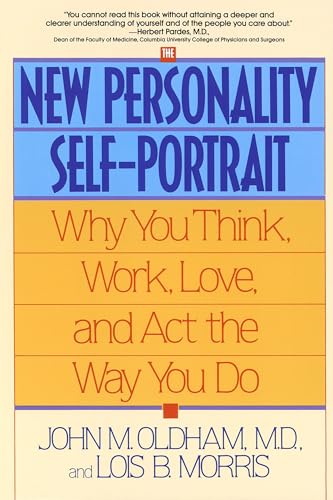
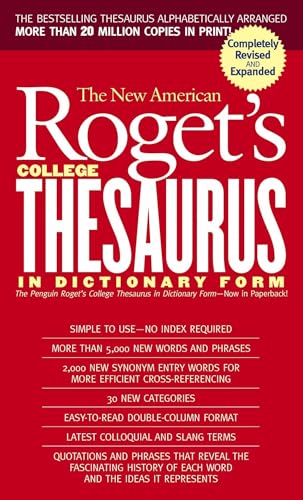
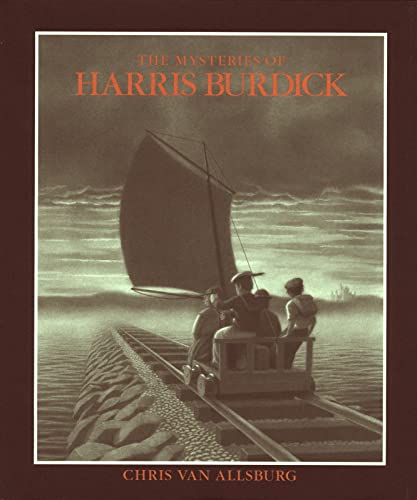

Book
The Golden Bough
by James George Frazer
A world classic. The Golden Bough describes our ancestors' primitive methods of worship, sex practices, strange rituals and festivals. Disproving the popular thought that primitive life was simple, this monumental survey shows that savage man was enmeshed in a tangle of magic, taboos, and superstitions. Revealed here is the evolution of man from savagery to civilization, from the modification of his weird and often bloodthirsty customs to the entry of lasting moral, ethical, and spiritual values.

